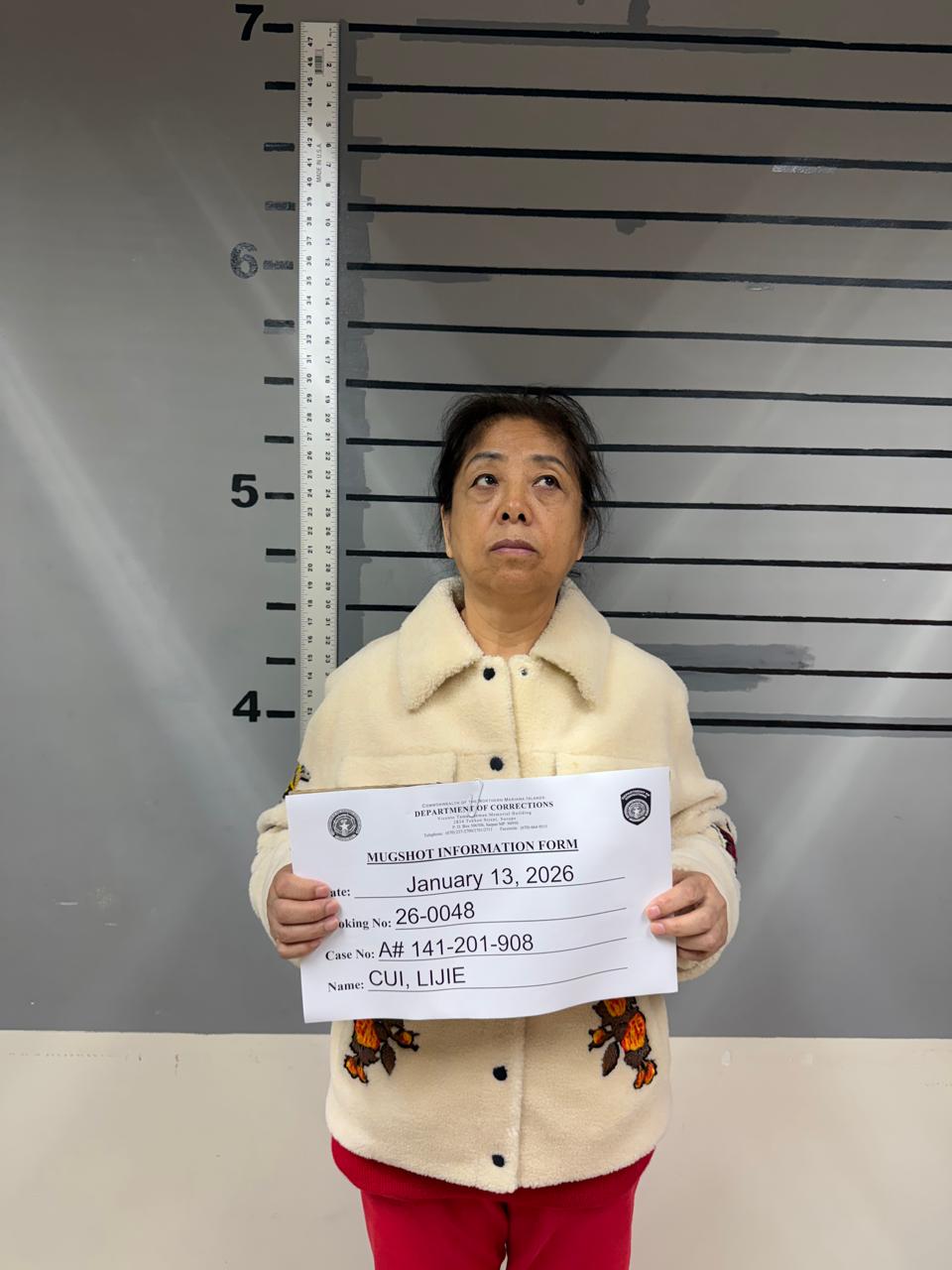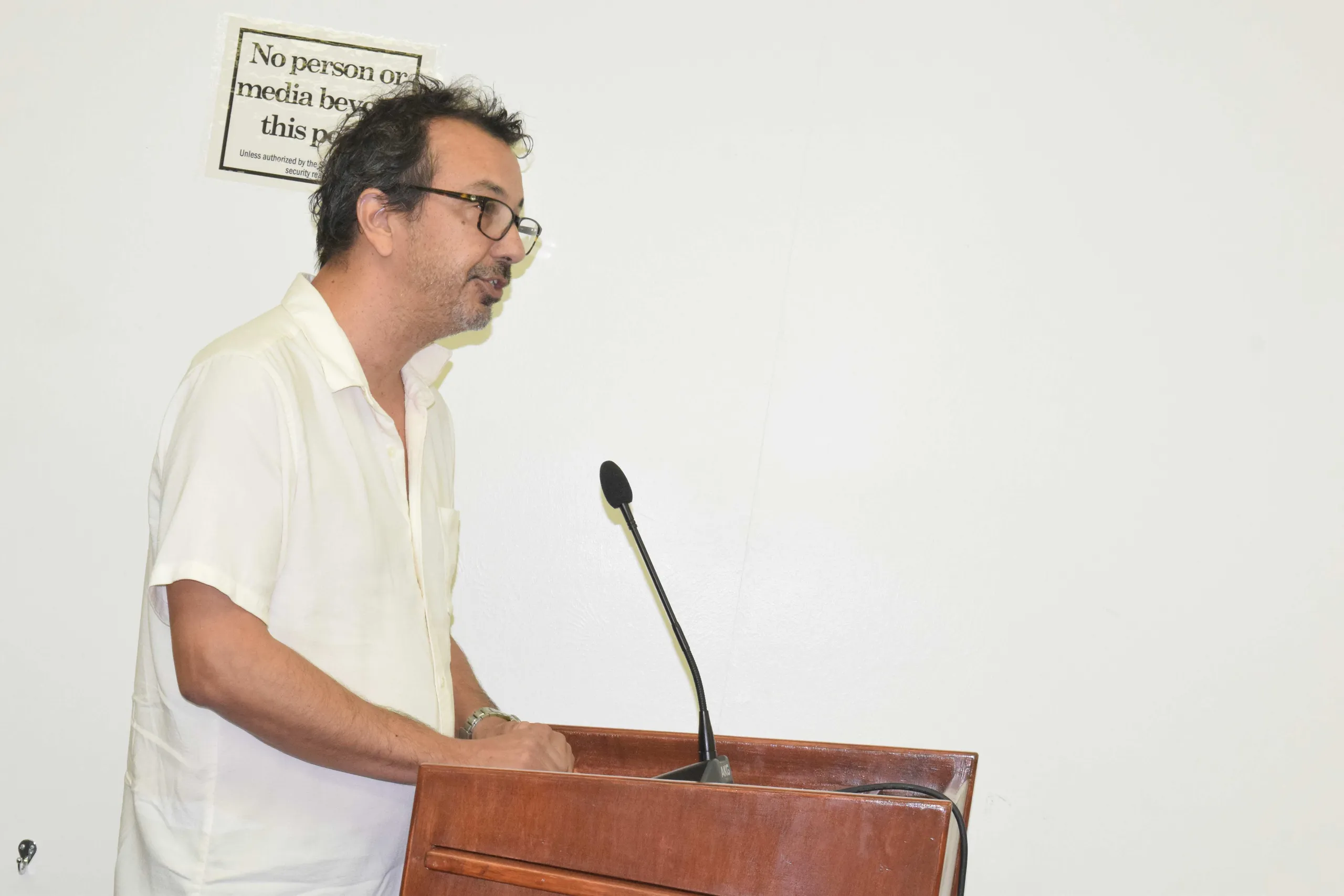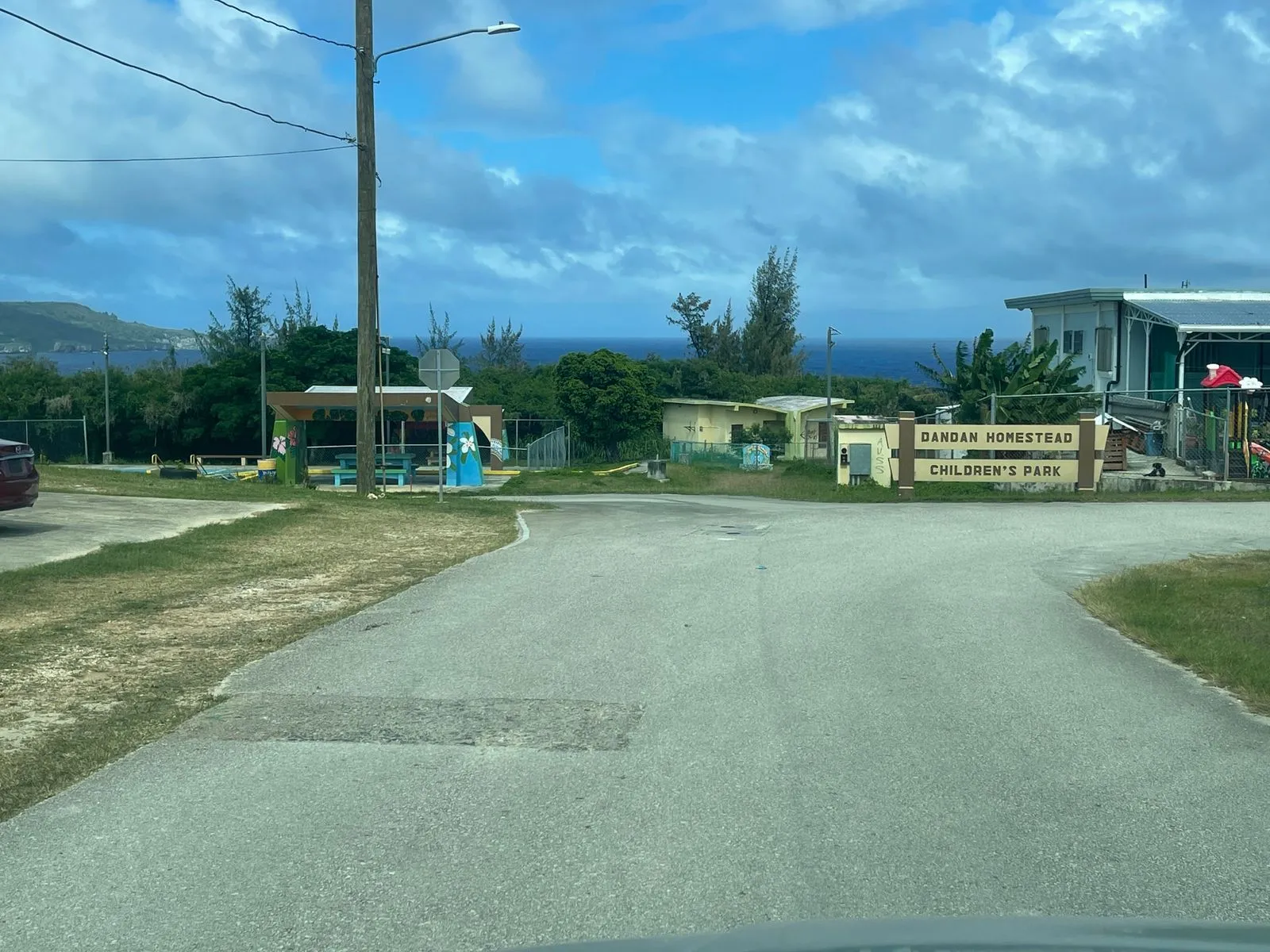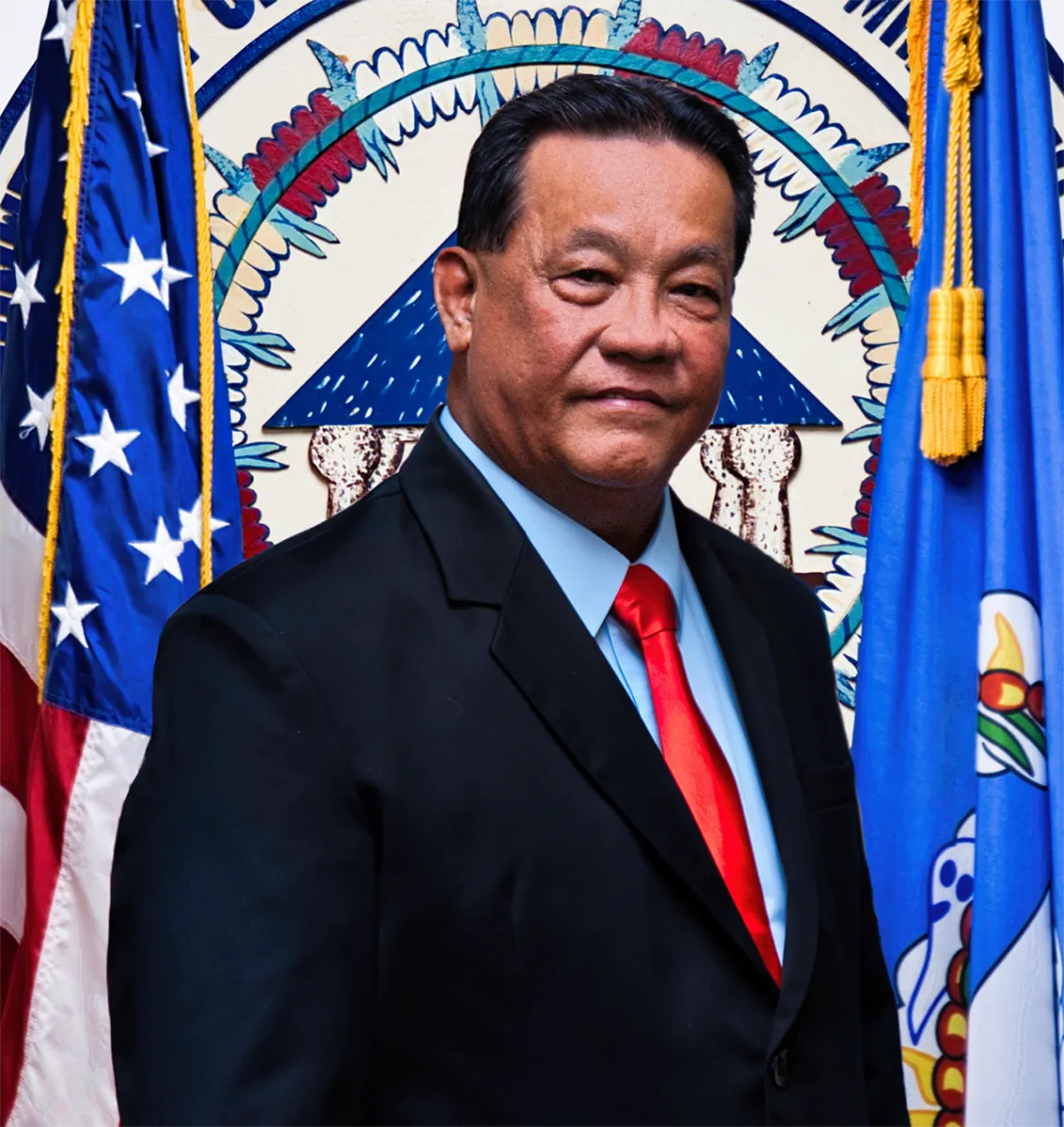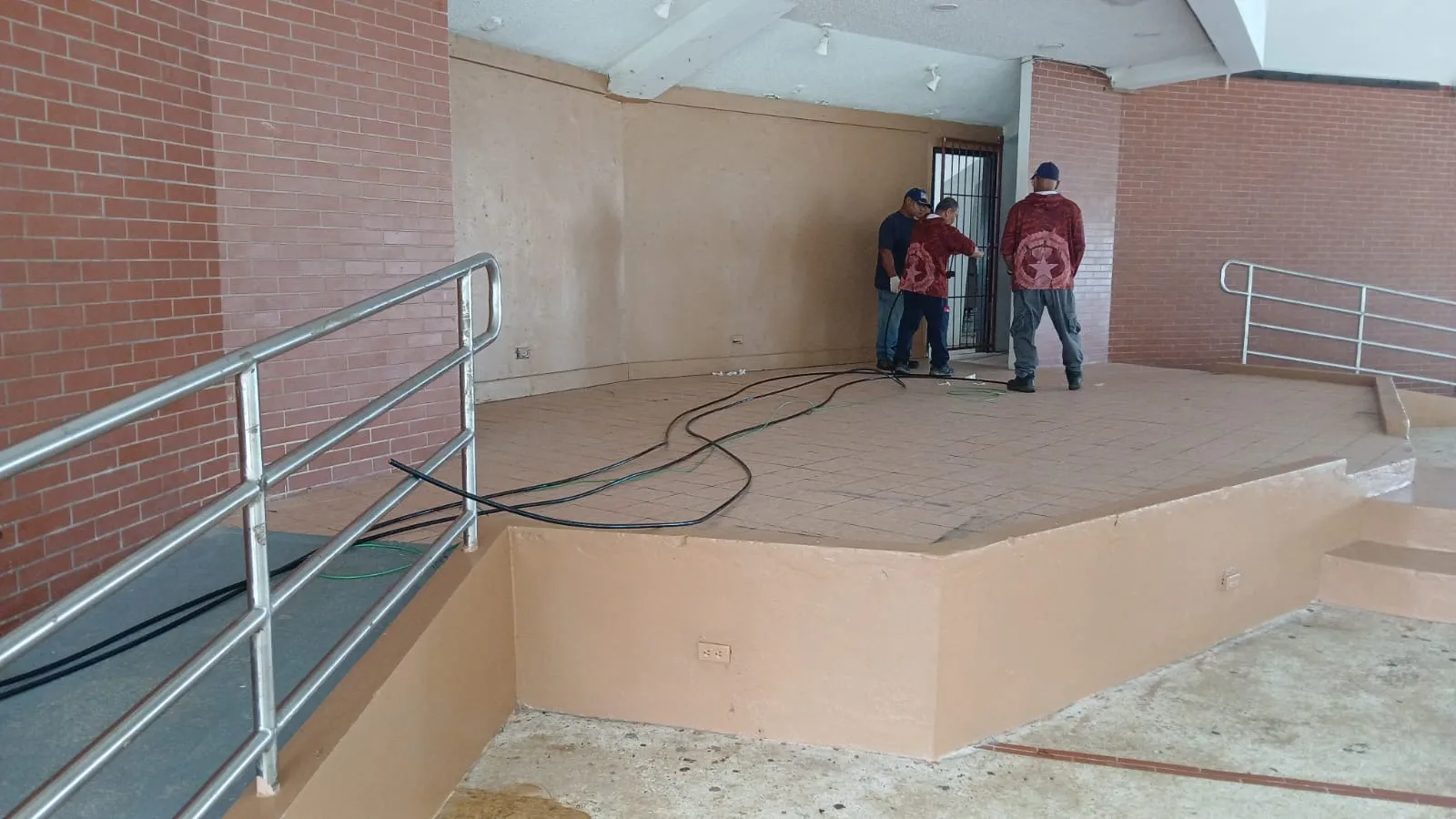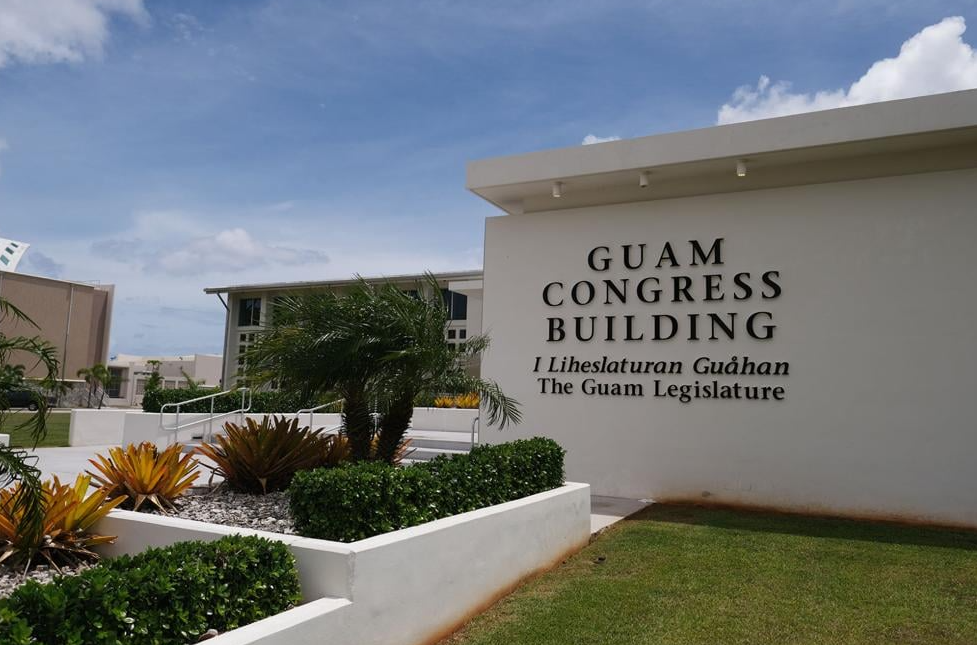
ISSUES and concerns regarding air transportation between the CNMI and Guam topped the agenda of the Mariana Islands Legislature Association’s 2nd General Assembly at the Guam Congress Building on Wednesday.
Guam Speaker Therese Terlaje, who presided over the meeting, said the first item on their agenda was transportation as selected by the lawmakers themselves.
She then asked Saipan Chamber of Commerce board member Alex Sablan to make a presentation on a proposed “open skies” transport agreement.
Sablan, who was accompanied by Chamber President Joe C. Guerrero, said they, the CNMI private sector, “are thankful that our legislators have come together to have this conversation.”
He remembered that 11 years ago, the first MILA assembly resulted in a trade agreement that allowed the transportation of cattle between CNMI and Guam.
“So to the detractors out there, it is important that we all come together and have a conversation like this,” he said. “We may not have all the answers today, but I think putting the first foot forward to … talk about systemic issues that affect all of us in the Marianas is a good thing,” Sablan said.
For his part, CNMI Senate Vice President Donald Manglona said it was a privilege to be in the assembly and see Marianas legislators “join forces in addressing the issues that impact our beloved Marianas.”
“The discussions we embark on today are crucial not just for our individual territories but for the collective future of the Marianas,” he said.
“With this continuous engagement and proactive collaboration, it is essential to make lasting progress and we look forward to frequent assemblies and ongoing dialogues to achieve our shared goals. So together we can create a brighter, more prosperous future for our Marianas,” he added.
CNMI House Floor Leader Edwin Propst said they were there to discuss regional issues affecting all of them in the Marianas. The outcome of the meeting, he said, “benefits us all when we are able to achieve affordable transportation between our islands.”
But he said as excited as they were to hold the conference, “we have to withstand a lot of criticism.”
“But we do hope to remind our critics … that … this conference [or] this travel was made possible through an Office of Insular Affairs grant and if we did not use it, we will lose it. We felt that this is the right investment to make in meeting with the leaders of Guam and with ourselves,” he added.
Propst said with the Marianas labeled as the “tip of the spear when it comes to the defense of the U.S. and its territories [amid] growing regional threats and tension coming from China, we must have these regular meetings.”
He mentioned the ongoing construction of a divert airfield on Tinian, “which puts every one of us in the Marianas at risk if a war, God forbid, breaks out. We pray that that never happens, but we must always be prepared.”
He added, “We have the ideas, the determination and the ability to succeed so long as we work together hand in hand ensuring that we look after each other.”
He noted that U.S. Congressman Gregorio Kilili Camacho Sablan of the CNMI and Delegate James Moylan of Guam need strong support on geopolitical issues. “It is important that we stay unified with one voice, with one heart, with one Marianas,” Propst said.
Open skies
In his presentation, Alex Sablan, said the idea of an open skies air transport agreement is not a new subject. “We have been talking about this with our legislators and chamber members for 30 plus years,” he said.
He said it is a non-partisan issue in the Marianas, adding that Kilili and Moylan are collaborating on a bill, H.R. 8786, to address cabotage, which pertains to the transport of goods or passengers between two points within the same country by a transport operator from another country.
Sablan said he is hoping that the Marianas lawmakers will “look at the idea of having our governors of the CNMI and Guam address this possibly through the 902 consultations that our governor will be heading to possibly this year or in the coming years, [and] also [through] Guam Gov. Lou Leon Guerrero.”
Sablan said open skies agreements provide unrestricted access for airlines to operate between countries without capacity limits.
He said this may allow South Korea’s Jeju Air, for example, to fly between Guam and the CNMI.
Sablan said Guam and the CNMI can explore possible changes to the cabotage provision of the Jones Act to allow residents of Guam, the CNMI and servicemembers to transit on foreign carriers from the Mariana Islands onward to the U.S. without penalty to the individual or carrier.
The key benefits of open skies and cabotage relief include lower airfares, more route options for carriers, and improved access to necessary off-island medical care, Sablan said.
Guam Vice Speaker Tina Rose Muna Barnes wanted to know “if there’s anything we can work on together,” referring to cabotage relief.
Guam Sen. Dwayne San Nicolas urged everyone to think outside the box. He shared an idea of creating a trust that will allow the CNMI and Guam to use their financial resources to buy shares of an airline company.
“We can put our own people on the [company’s] board so we can lower airfares that way,” he said.


